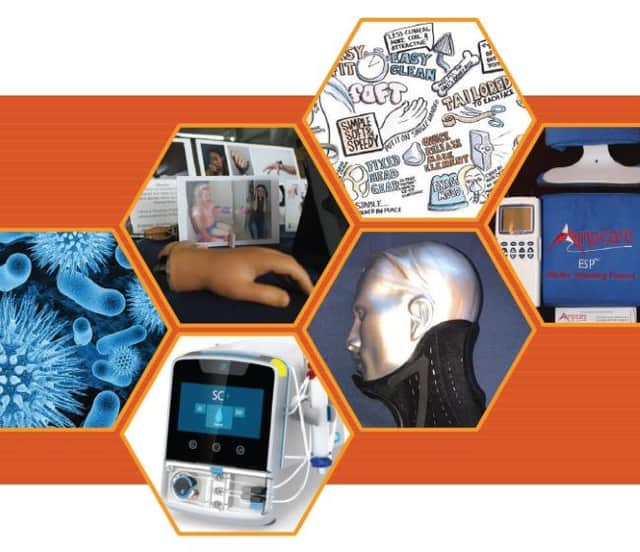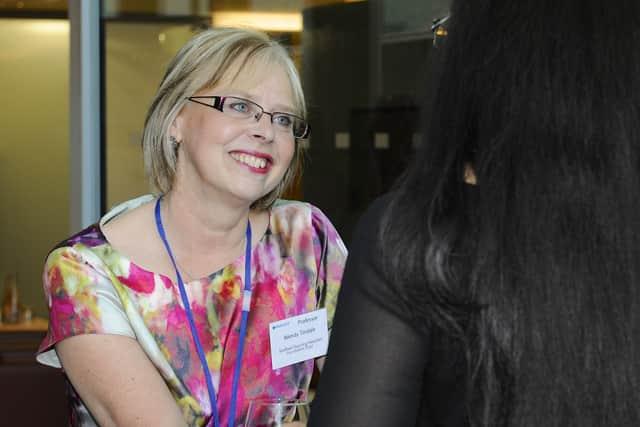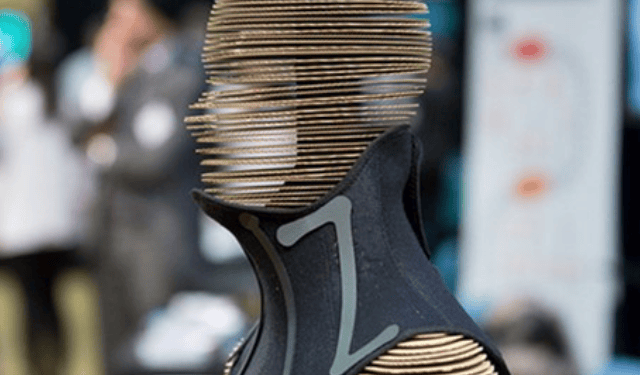New Sheffield NHS research centre launched in city to support people with chronic illness
and live on Freeview channel 276
Sheffield Teaching Hospitals NHS Foundation Trust will be the base of a new research centre creating technology to help people suffering with long-term health conditions.
The new 'NIHR Devices for Dignity HealthTech Research Centre' will develop supportive tech for people with issues including neurological conditions, diabetes and chronic kidney diseases.
Advertisement
Hide AdAdvertisement
Hide AdIt will also focus on women’s health, rehabilitation, and the mental health issues which may accompany long-term health problems.
A focus on researching women’s health tech is unique to this centre, which is one of 14 newly-funded research networks across the UK.


Professor Wendy Tindale OBE, Clinical Director of Devices for Dignity, said: "We are focusing on all people, but we know that women spend a bigger proportion of their lives in ill health and disability.
"There are also conditions that affect women in different ways to men, as well as women-specific conditions which can be difficult to manage alongside long-term health conditions. We are trying to be as inclusive as possible.
Advertisement
Hide AdAdvertisement
Hide Ad"Recently, we have been researching an AI-powered tool, a digital doctor, which can detect early signs of dementia through analysing people's speech patterns.
"We want to be inclusive of people whose first language isn't English, and make sure it works for them too, so we have been working with Somali communities in Sheffield."


The new research centre, which is funded by a £3m grant from the National Institute for Health and Care Research will build on 'Devices for Dignity' (D4D), a pilot project led by Sheffield Teaching Hospitals, which started in 2008.
Dr Tindale, who is also the Scientific and Innovation Director at Sheffield Teaching Hospitals, said: "It was an experiment, by what was then the Department of Health, to see how the NHS could work together with patients, businesses and academics.
Advertisement
Hide AdAdvertisement
Hide Ad"After five years, it was evaluated as successful, and six research centres were created, then 11, and now 14.
"D4D has developed the HeadUp Collar for people with motor neurone disease, to ease problems with communication, swallowing, breathing, mobility and pain."


The HealthTech Centre will run in partnership with both Sheffield universities, as well as universities and NHS Trusts in cities including London, Manchester, and Leeds.
"Another important thing is working with businesses. You cannot get these technologies into the hands of patients without it being commercialised, so we need those businesses to help get it to them," added Dr Tindale.
Advertisement
Hide AdAdvertisement
Hide Ad"We are interested in working with the South Yorkshire business community, and contributing to the local economy."
The HealthTech Research Centre will replace the current Medtech and In Vitro Diagnostic Co-operatives (MIC) from the beginning of April next year.
Dr David Black, Medical Director at Sheffield Teaching Hospitals NHS Foundation Trust, said: "This is the next step which builds on the legacy of Devices for Dignity, which is already a leading national organisation driving life-changing research.
"This new funding will accelerate and enhance this work, ultimately benefiting people living with long-term conditions across the UK and further afield.”
Sheffield Children’s NHS Foundation Trust has also been awarded £3m by NIHR, to fund another of the 14 centres.
Comment Guidelines
National World encourages reader discussion on our stories. User feedback, insights and back-and-forth exchanges add a rich layer of context to reporting. Please review our Community Guidelines before commenting.